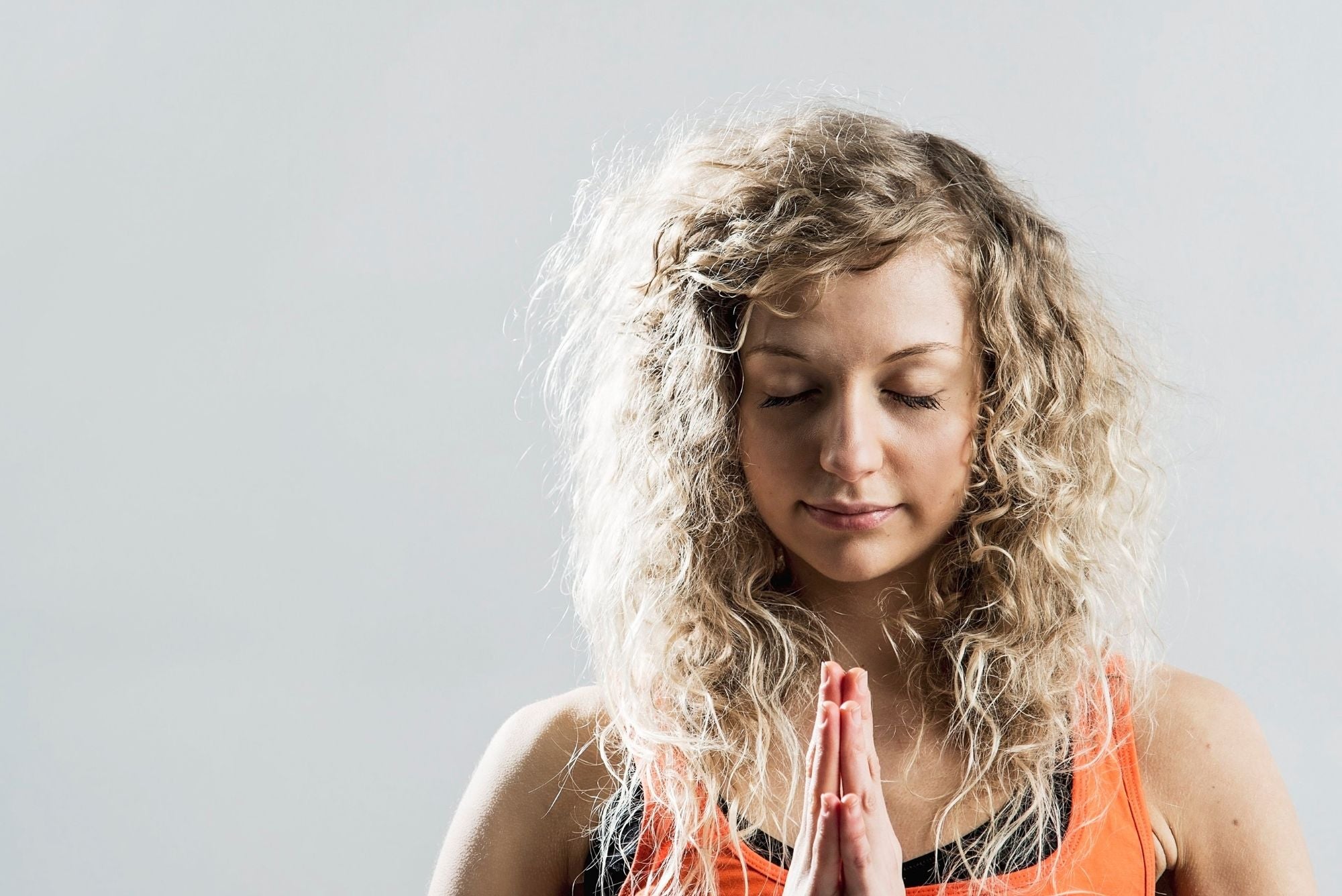By Emma Newlyn
Do you find it difficult to get to sleep? Do you wake up in the middle of the night with a racing mind? Or do you find it difficult to get out of bed in the morning. Especially after hitting the snooze button one-too-many times? For many of us, all three of these sleep issues occur on a regular basis. When it comes to feeling better, sleep is often the last thing we really make time to care for. And the way the majority of the modern world tends to sleep today only serves to further the notion that tiredness and poor sleep quality are ‘normal’. Thankfully, Ayurveda has been helping people improve their health, well-being and sleep for thousands of years, so if you want to re-set your sleep cycle, start getting better quality sleep, and feel refreshed when you wake up each morning, try practicing these time-tested and totally relevant techniques for our sleep-deprived modern world:Re-set Your Circadian Rhythms:
Our circadian rhythms are one of the most important aspects to think about when optimising our sleep cycle. Sleep expert and author of Sleep Smarter Shawn Stevenson, says “A good night of sleep starts the moment you wake up”. The things we do in the first hour or so of rising really do make a big impact upon how we feel throughout the day and how well we sleep at night. The three key things to rev up your body clock in the morning. And set your circadian rhythms optimally include getting outside in the morning light ASAP. Doing some deep breathing or light exercise to start moving lymph and circulation. And eating or drinking something. These three aspects all essentially give us an important morning wake-up call, meaning come night time, we’re more likely to feel naturally tired enough to sleep deeply.Care For Your Inner Fire:
Ayurveda recognises that our Agni or ‘digestive fire’ is stronger at certain points of the day, and therefore advises us to eat our biggest meal at these times. Our digestive strength follows the arc of the sun – i.e. when the sun is highest in the sky sometime between 10am and 2pm, our digestion is strongest, and we should eat our biggest meal at that time. Having eaten a bigger lunch, we’re then advised to eat a smaller, lighter and easier-to-digest dinner. Following this eating pattern allows the body to fully digest and assimilate the nutrients consumed at lunch, and puts a lot less stress on the digestive system at night. The body processes a lot at night time, clearing away old and damaged cells, and consolidating experiences into memories or new skills. If we eat a heavy dinner, the energy is taken up digesting, and we’re more likely to feel tired and groggy the next morning.Slow Down:
If your evenings are usually spent scrolling social media or checking work emails, its likely your sleep cycle isn’t as optimal as it could be. Ayurveda recognises that as well as our digestion having a natural rhythm, our energy levels do too. The Ayurvedic doshas Vata, Pitta and Kapha each govern certain times of the day. Vata (the energy of movement, air, ether and lightness) is most active between the hours of 2am-6am and 2pm-6pm. Pitta energy (fire and water, decisiveness, digestion and logic) is highest between 10am-2pm and 10pm-2am. And Kapha (the qualities of earth and water, heaviness, calmness, and softness) is most prevalent between 6am-10am and 6pm-10pm. We benefit from making the most of Kapha’s 6pm-10pm time. By really connecting to these energies of slowness, steadiness and softness, which all naturally guide us towards a good night’s sleep. Instead of responding to work emails or messages. Try switching your phone onto aeroplane mode after 6pm. And do things that help you feel restful, such as reading, meditating, taking a bath or listening to calming music.Practice Abhyanga, or ‘Self Massage’:
Massage doesn’t have to be an occasional luxury; it’s something we can do for ourselves every day. Abhyanga (literally translated as ‘rubbing the limbs’) is an Ayurvedic staple, and something people have been practising for thousands of years as a self-care method. Using warm oil, simply massage the entire body in long, smooth strokes, paying attention to the joints (areas where vata energy tends to accumulate) and any areas of tension. Different oils are advised for different doshas, such as coconut oil for Pitta dosha, mustard or almond for Kapha, and sesame for Vata dosha. The word for oil in Sanskrit is Sneha, and importantly, this also translates as the word for ‘love’.Breathe Your Way To Sleep:
Pranayama techniques have been utilised for centuries in order to help change the state of mind and body. Breathing exercises significantly improve a sleep cycle so whether you want to feel more energised, focused or relaxed, there’s a pranayama (breathing technique) to practice. Relaxing and calming pranayama techniques can be very effective for getting to sleep and obtaining more restful sleep. To start with, try a simple ‘square breath’ technique (which has had me falling asleep in seconds recently!).To practice:
- Visualise a square in your mind
- As you inhale slowly, draw a line up the left side of the square
- Briefly hold the breath as you draw the line across the top of the square
- Exhale slowly and draw a line down the right side of the square
- Briefly hold the breath again as you draw the line across the bottom of the square.
- Repeat for as long as you need until you fall asleep
- Sleep well!





